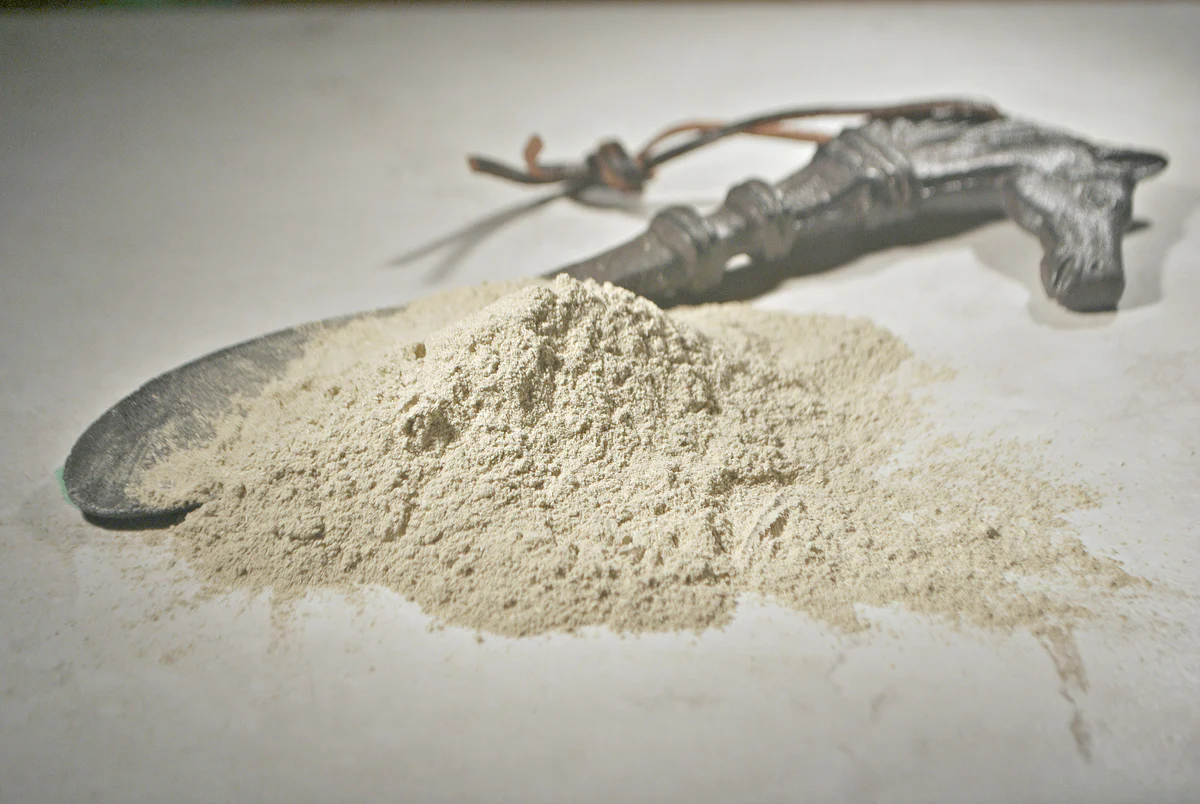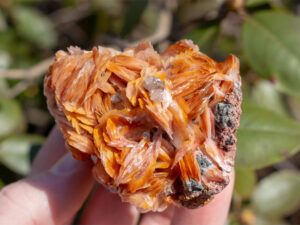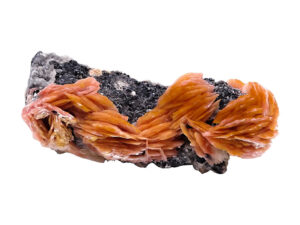Bentonite, a versatile and highly sought-after natural material, plays a significant role in various industries and applications. From agriculture to cosmetics, bentonite’s unique properties make it a valuable resource. In this article, we will delve into the different types of bentonite and their diverse uses, shedding light on this remarkable substance that often goes unnoticed.
Understanding Bentonite: A Brief Overview
Before we explore the various types of bentonite, let’s take a moment to understand what this fascinating clay-like material is all about. Bentonite is a type of absorbent aluminum phyllosilicate clay that’s derived from volcanic ash. It is characterized by its exceptional ability to swell and absorb water, which makes it incredibly useful in a wide range of applications.
The Primary Types of Bentonite
Now, let’s explore the different types of bentonite that exist, each with its unique properties and applications:
Sodium Bentonite (Na-Bentonite)
Sodium bentonite is one of the most commonly used forms of bentonite. It swells significantly when mixed with water, forming a gel-like substance. This property makes it ideal for sealing ponds, wells, and other water-related applications. Sodium bentonite is also used in drilling muds in the oil and gas industry.
Calcium Bentonite (Ca-Bentonite)
Calcium bentonite, also known as calcium montmorillonite, has a high calcium content. It is primarily used in the foundry and iron ore pelletizing industries. This type of bentonite is valued for its excellent binding properties, which help create strong, durable molds in foundry operations.
Potassium Bentonite (K-Bentonite)
Potassium bentonite, or potassium montmorillonite, contains a significant amount of potassium ions. It is commonly found in volcanic ash deposits and is used in fertilizers due to its ability to improve soil structure and nutrient retention.
Fuller’s Earth
Fuller’s earth is a type of bentonite that has been processed to remove impurities. It is widely used in the cosmetic industry for its oil-absorbing properties, making it a popular ingredient in skincare products such as facial masks and cleansers.
Read More: Salt
Applications of Bentonite Types
The various types of bentonite find applications across diverse industries:
Agriculture
Sodium and calcium bentonite are frequently used in agriculture to improve soil quality and retain moisture. These types of bentonite aid in enhancing crop yields by creating a favorable environment for plant growth.
Construction
Sodium bentonite’s sealing properties make it invaluable in construction, where it is used for waterproofing foundations, tunnels, and retaining walls.
Read More: Wikipedia
Oil and Gas
In the oil and gas industry, sodium bentonite is utilized in drilling muds to lubricate drilling equipment, remove cuttings from the drilling process, and seal boreholes to prevent fluid loss.
Cosmetics
Fuller’s earth, a refined form of bentonite, is a go-to ingredient in cosmetics and skincare products, helping to control excess oil and impurities on the skin.
Environmental Benefits
Apart from its industrial applications, bentonite also offers environmental benefits. It is often used in environmental remediation to contain contaminants and prevent their spread, particularly in landfills and contaminated soil sites.
Read More: Kaolin
Conclusion
In conclusion, bentonite is a versatile and indispensable natural material with a wide range of applications across different industries. By understanding the various types of bentonite and their specific properties, we can harness its potential to address a myriad of challenges. Whether it’s for agriculture, construction, or cosmetics, bentonite continues to prove its worth in the modern world.











